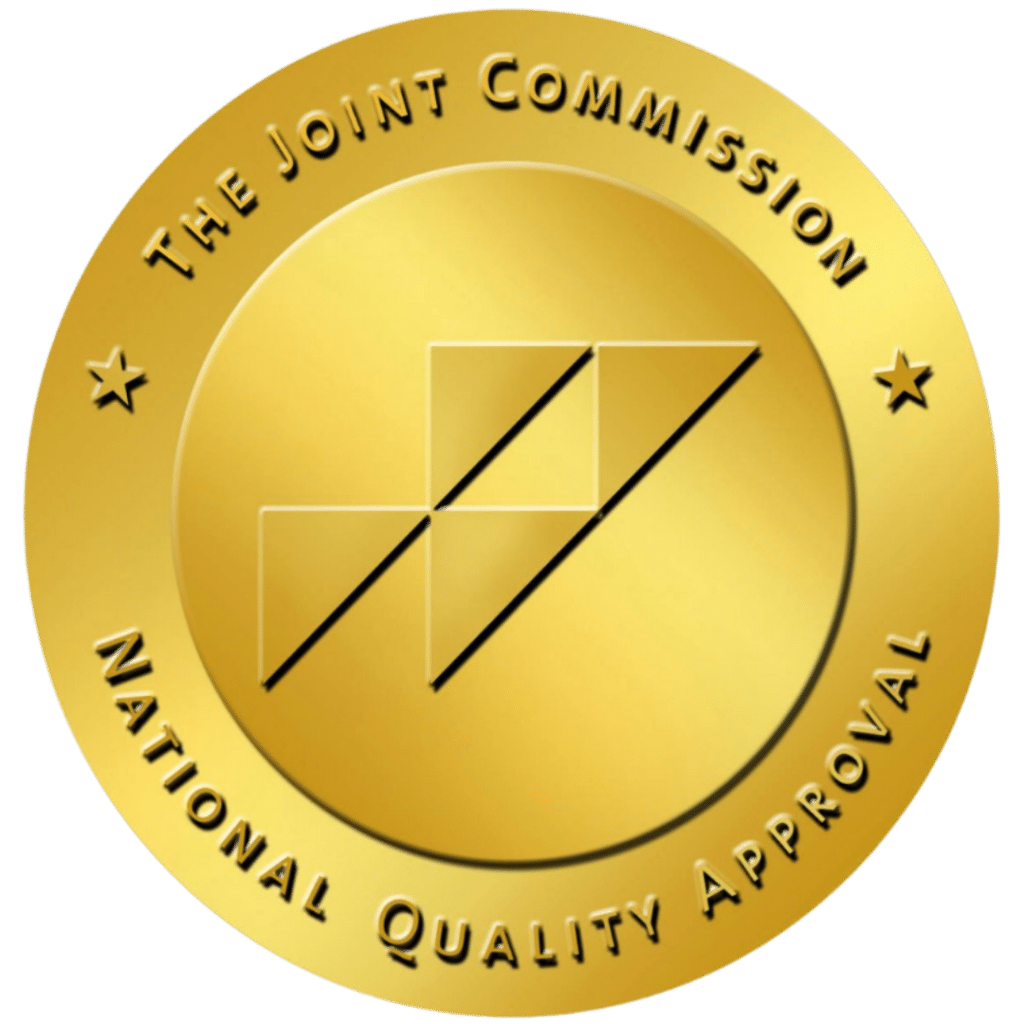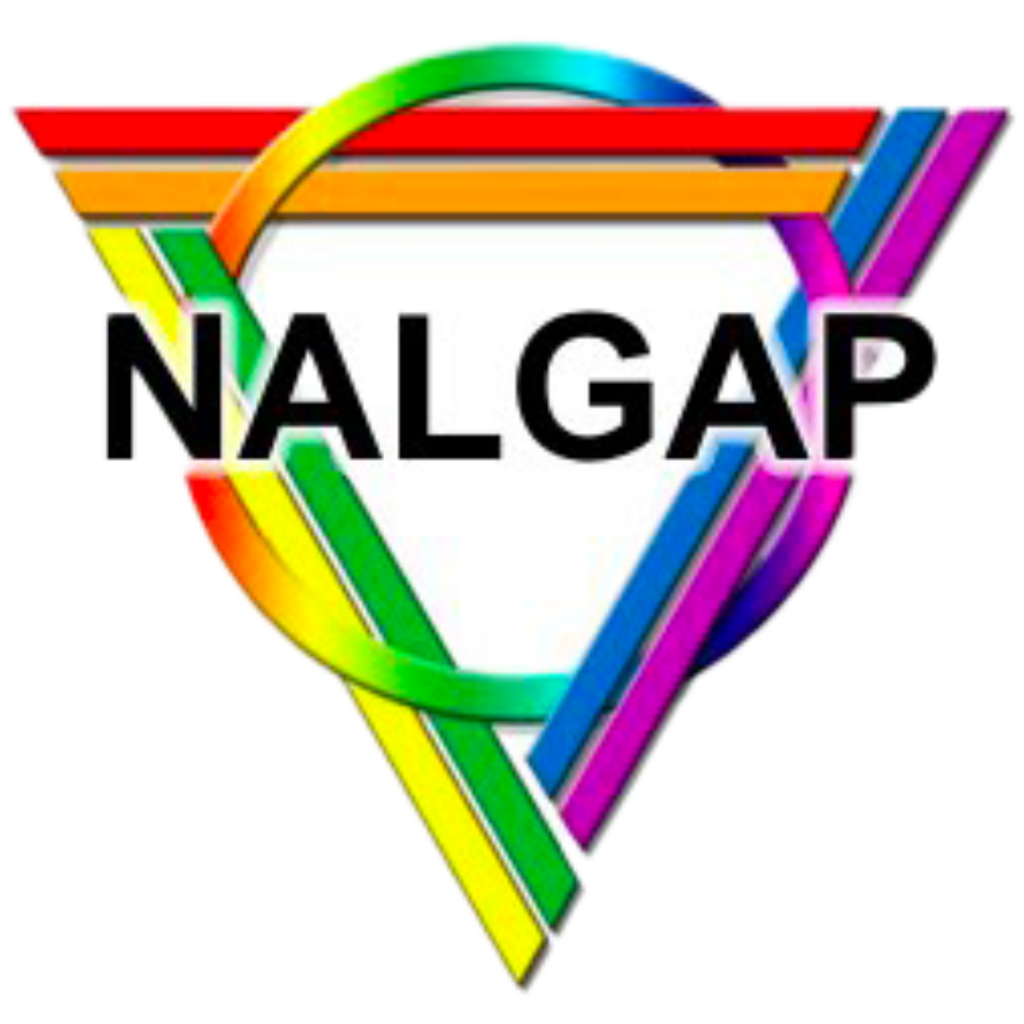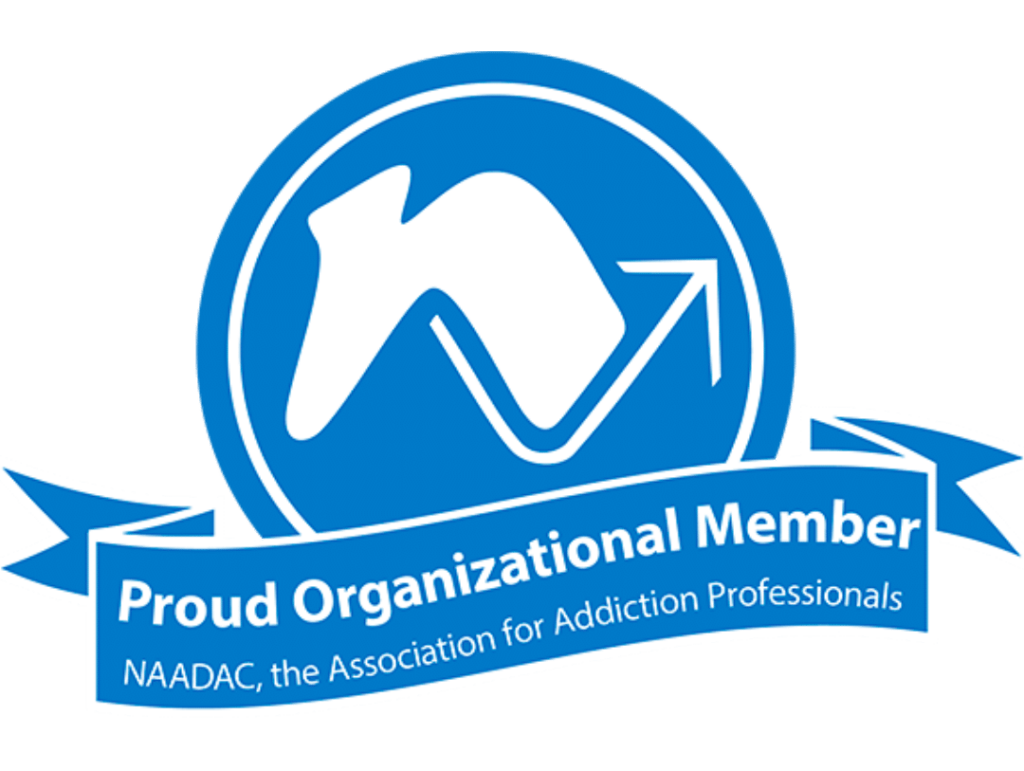Cocaine is viewed by many as a harmless party drug, but it’s actually highly addictive and dangerous. A cocaine overdose can be far more dangerous than overdosing on another drug—even lethal. Cocaine overdoses are also unpredictable. Some people overdose on cocaine much more quickly than others, making it difficult to know when to stop. Long-term cocaine use changes the chemical makeup of the brain, making recovering from cocaine addiction extremely difficult.
Cocaine is also known as:
- Coke
- Blow
- Snow
- Rock
- Crack
It comes as a fine white powder or in a solid version known as crack cocaine. The powder is formed into a line or “bump” and snorted. It can also be heated up and injected. Crack cocaine is smoked in a pipe, and it’s so highly concentrated that it can lead to addiction after just one use.
Cocaine use needs to be taken seriously. If you’re concerned a loved one may be using it, learn about the signs and symptoms. It might mean the difference between life and death.

Physical Cocaine Addiction Symptoms
Cocaine use can have debilitating short-term consequences and permanent long-term ones. Using cocaine long-term can lead to disfiguration that can mean costly and invasive surgery to fix. The drug is especially hard on the nasal passages and the heart.
Short-term physical signs of cocaine addiction include:
- Decreased need for food and sleep
- Elevated body temperature
- Dilated pupils
- Runny nose
- Negative reactions to ingredients in cocaine, like talc, levamisole, and borax
- Inflamed sinuses
- Sniffing
- Nosebleeds
- Losing the sense of smell
- Hoarseness
- Headaches
- Shaking
- Nausea and stomach pain
- Impotence
- Burn marks on lips or fingers
Long-term physical signs of cocaine addiction include:
- Chronic nasal infections
- Damage to membranes in the nose
- Blood clots
- Weight loss
- Permanently increased blood pressure
- Stroke
- Heart attack
- Heart failure
- Tears in the aorta (the main artery of the body)
- Enlarged heart
Self-Assessment: Am I Addicted?
"*" indicates required fields
Behavioral Cocaine Addiction Symptoms
People sometimes become addicted to cocaine because they believe using it will make them fun, outgoing, and happy. In reality, cocaine has unpredictable effects on behavior and is just as likely to make you aggressive or violent. These effects are more likely the more cocaine you use.
Short-term behavioral signs of cocaine addiction include:
- Chattiness
- Risk-taking
- Erratic, bizarre behavior
- Agitation
- Violent behavior
- Spending large amounts of time with new friends
Long-term behavioral signs of cocaine addiction include:
- Poor hygiene
- Tremors and muscle twitching
- Disconnect from or seeming rejection of loved ones
- Stealing or borrowing money
- Manipulation or “sneakiness”
- Falling behind at work or school
Mental and Emotional Cocaine Addiction Symptoms
Cocaine creates permanent change in the reward system of the brain because it causes a high when it releases a flood of dopamine, or “feel-good,” chemicals in the brain. But the high is short, only lasting up to an hour. After that, when the brain is deprived of the amount of dopamine it’s used to, cocaine addicts feel angry, anxious, and maybe even violent. There is also a strong link between cocaine abuse and mental health conditions.
Short-term mental and emotional signs of cocaine addiction include:
- Excessive energy
- Euphoria
- Giddiness
- Loss of inhibition
- Alertness
- Sensitivity to touch, sounds, and sights
- Paranoia
- Hallucinations
- Mood swings
- Insomnia (inability to sleep) or hypersomnia (sleeping too much)
- Irritability
- Homicidal thinking
- Suicidal thinking
Long-term mental and emotional signs of cocaine addiction include:
- Depression
- Post-traumatic stress disorder (PTSD) resulting from injuries or traumas while high
- Anxiety/panic attacks
- Vertigo (feeling dizzy or off-balance)
- Bipolar disorder
Environmental Signs of Cocaine Use
There are identifiable lifestyle changes in people who are addicted to cocaine. Because a cocaine high is so short, these types of cocaine signs and symptoms may be more noticeable to loved ones than other types.
- Financial difficulties
- Legal trouble
- Small baggies with white residue
- Rolled-up dollar bills, straws, or hollowed-out pens
- Razors or playing cards
- Glass pipes, with or without a bulb at the end
- Aluminum foil
- Spoons with burn marks
- Needles or syringes
- Needle marks on arms
- Small mirrors with scratch marks or residue
Other Features of Cocaine Use
Cocaine Psychosis
Cocaine use causes hallucinations and delusions and results from abusing typically crack cocaine. Psychosis from cocaine use is different from psychosis caused by other drugs, like acid. Hallucinations and delusions are often violent, frightening, and agitated. Studies suggest this condition is responsible for most of the criminal, violent episodes that take place during cocaine abuse. Cocaine psychosis occurs in roughly 29% to 55% of people who use cocaine.
Cravings
People who are addicted or have been addicted to cocaine are especially susceptible to craving the drug. This is because cocaine use changes the brain’s chemical structure. Not getting the same high amounts of dopamine triggers an intense feeling of need—a craving—because your brain is used to its usual amount. The cravings are stronger the longer you’ve been addicted. They can last for weeks after someone becomes sober.
Don’t Wait to Say Something About Cocaine Abuse
Cocaine addiction doesn’t typically get better without treatment. If you notice signs or symptoms of cocaine abuse in your loved one, don’t wait too long to say something. They will probably be defensive, but they will eventually understand you acted out of love and concern.
Overdosing on cocaine can happen after the first use. Certain combinations, like cocaine and alcohol or especially cocaine and heroin, make a fatal overdose much more likely. Having an upfront conversation about your suspicion of cocaine use sounds difficult, but it can’t be put off. Every day brings new risks.
Before you start the conversation, become knowledgeable about local community resources for cocaine abuse. Being prepared with this awareness of how to help will go a long way toward making your loved one feel cared about, rather than attacked. There are several options for cocaine abuse treatment, depending on the severity of the addiction. Common options include:
If you or a loved one is struggling with cocaine addiction or if you would just like more information, contact Footprints to Recovery treatment center. Calls are free and confidential. We look forward to setting you and your family on the path to a brighter future, free of addiction.

Questions about treatment options?
Our admissions team is available 24/7 to listen to your story and help you get started with the next steps.








